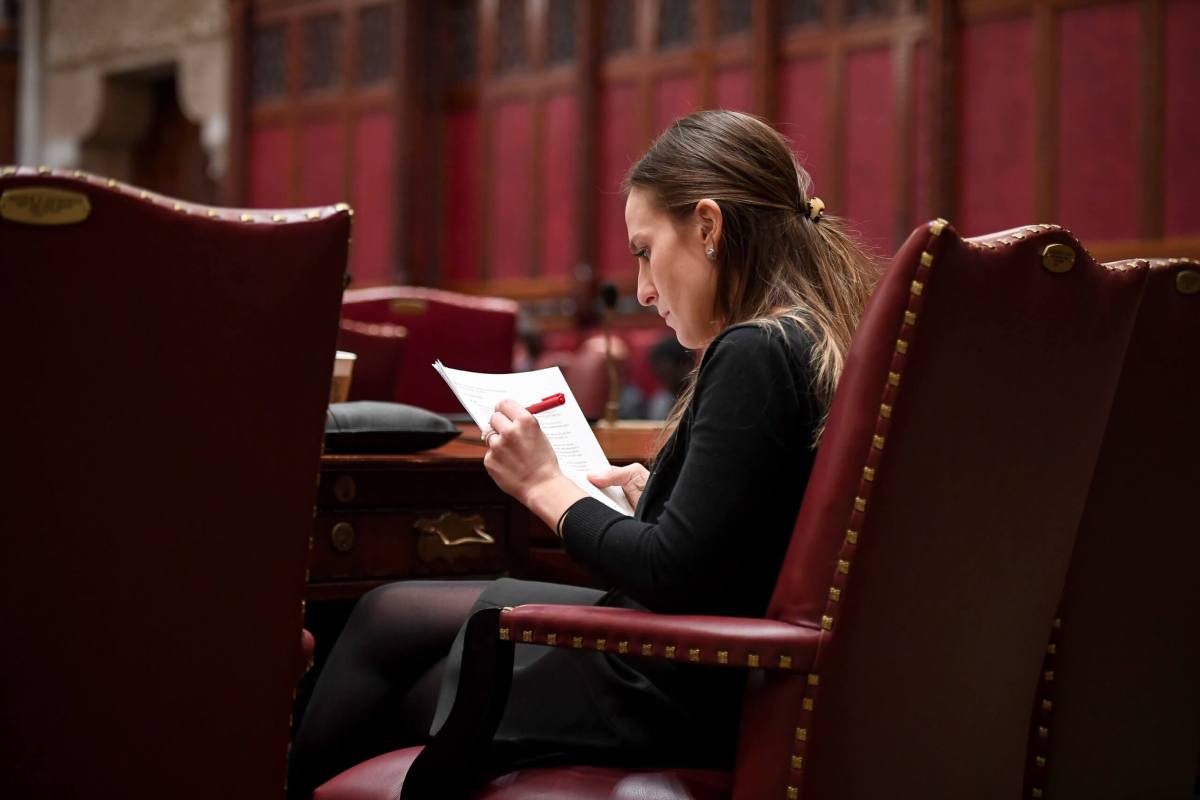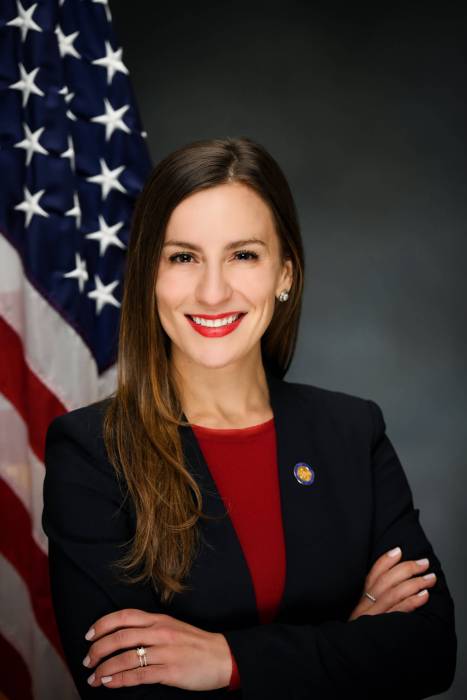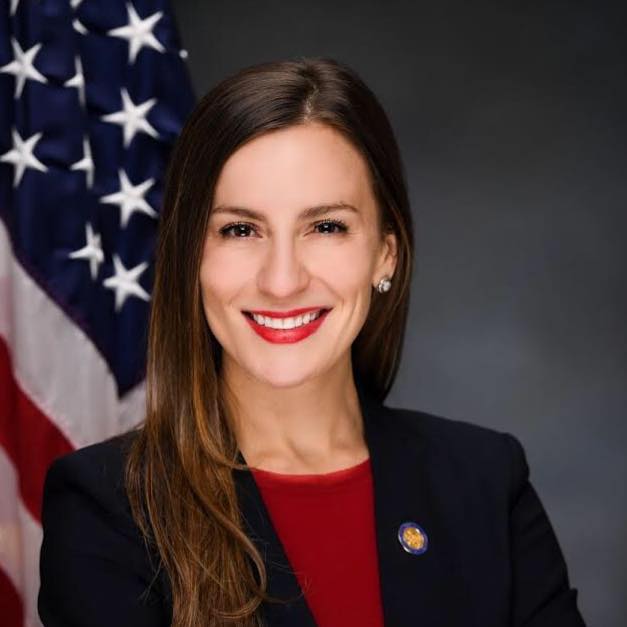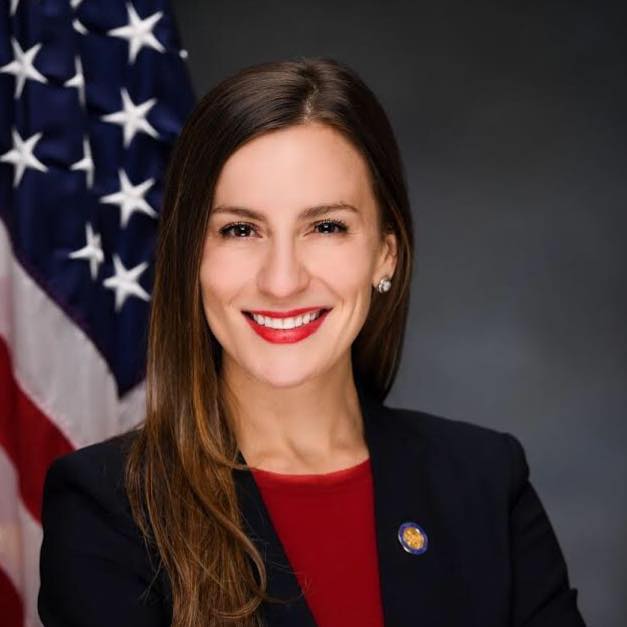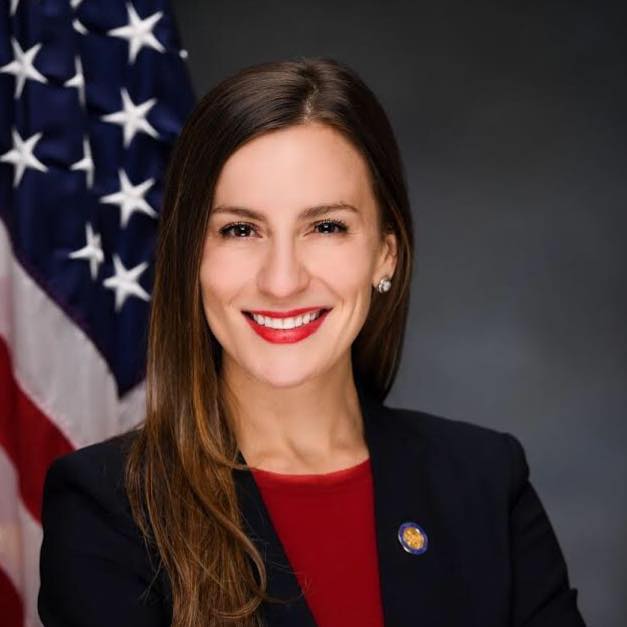New York State Sen. Alessandra Biaggi, a District 34 Democrat, introduced legislation last week to extend the state’s eviction and foreclosure moratorium until Oct. 31.
In light of the New York Emergency Rental Assistance Program’s failure to issue federal aid to struggling tenants and landlords, this bill aims to protect tenants, homeowners and small landlords who continue to endure financial hardship due to the COVID-19 pandemic. New York State’s eviction moratorium is set to expire Aug. 31.
“The failure of the Emergency Rental Assistance Program to properly distribute funds and the surge of the Delta variant has put the livelihoods of many New Yorkers at risk,” Biaggi said. “With the eviction moratorium set to expire August 31st and little COVID-19 rental assistance distributed, many New Yorkers who still owe rental arrears are fearful of losing their homes come September 1st. We cannot let hundreds of thousands of New Yorkers risk homelessness due to the negligence of our own government. The Executive has failed New Yorkers, and the Legislature must reconvene to deliver for the people that we were elected to serve.”
This legislation extends the COVID-19 Emergency Eviction and Foreclosure Prevention Act of 2020 and the COVID-19 Emergency Protect Our Small Businesses Act of 2021 until Oct. 31.
The legislation provides the following protections:
-
Eviction: Under this bill, eligible residential and commercial tenants will continue to receive relief from eviction if they submit a hardship declaration form to their landlord or a court. In submitting the form, residential tenants must attest that they have experienced financial hardship due to the COVID-19 pandemic that prevents them from being able to pay their rent in full or move, or if someone in the household is at increased risk of severe illness from COVID. Commercial tenants must attest that they have lost income as a result of COVID, had a significant increase in moving expenses, or are unable to relocate due to the cost of moving expenses. Additionally, all tenants must attest that any government assistance they have received, including rental assistance, does not fully make up for lost income.
-
Foreclosure and Tax Lien Sales: Homeowners, small landlords who own 10 or fewer units including their own dwelling, and eligible commercial property owners and mortgagors will continue to receive relief from foreclosure or tax lien sales by submitting a hardship exemption form, following a similar procedure to tenants.
As part of the 2021-22 enacted budget, the Legislature created the COVID-19 Emergency Rental Assistance Program. The program provides up to 12 months of rental arrears assistance and up to three months of prospective rental assistance for residential tenants impacted by the pandemic. Tenants must be at or below 80% of the local area median income in order to qualify. The program has $2.35 billion in federal funds and an additional $100 million in state funds to distribute. Although the program opened for applications in June, only 55 households have received funds as of the end of July. More than 160,000 applications have been received.
The 2021-22 enacted budget also included funding to assist small businesses, including an $800 grant program administered by the Empire State Development Corporation and an additional $200 in tax credits for eligible businesses.

